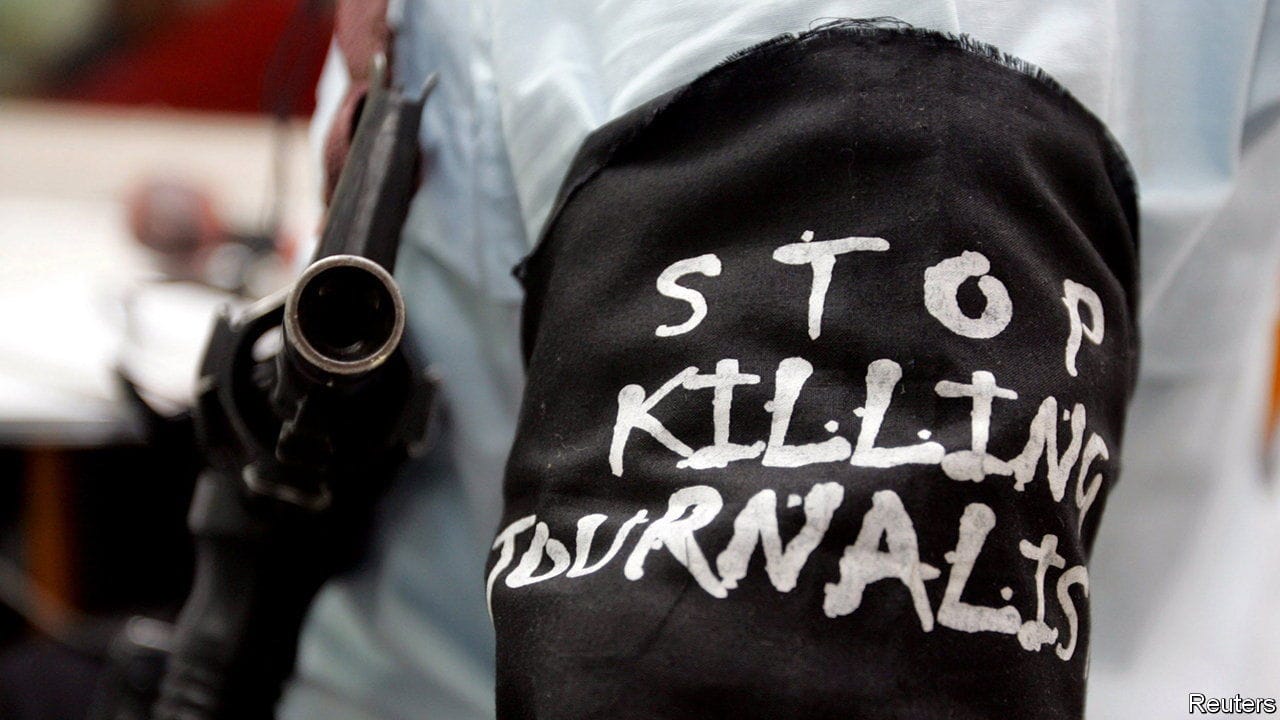THE NOBEL PEACE PRIZEhas not had the greatest few years. In 2019, to great fanfare, it was given toAbiy Ahmed, the prime minister of Ethiopia, for his role in bringing about a peace deal with Eritrea, Ethiopia’s tiny neighbour. It was hailed as a landmark for the country. “We must plant seeds of love, forgiveness and reconciliation in the hearts and minds of our citizens”, said Mr Abiy, that December, in his lecture on receiving the prize. Sadly, Mr Abiy’s seed-planting phase did not last very long. Last year, disaffected soldiers in Tigray, a northern region of the country with a long history of controlling Ethiopia, rebelled. Mr Abiy launched a brutal police action in retaliation. Last month, the prime minister and Nobel laureate toured the battlefield in what has become a new Ethiopian civil war, promising to use rebels as “target practice.”
Sweden is banning OnlyFans content as the lines around sex work blur
It is meekly welcoming the new sheriff’s vigilante justice
The answer matters more than you think
Donald Trump prefers deals to regime change
After decades of rising secularism, Christianity is holding its ground—and gaining among the young

